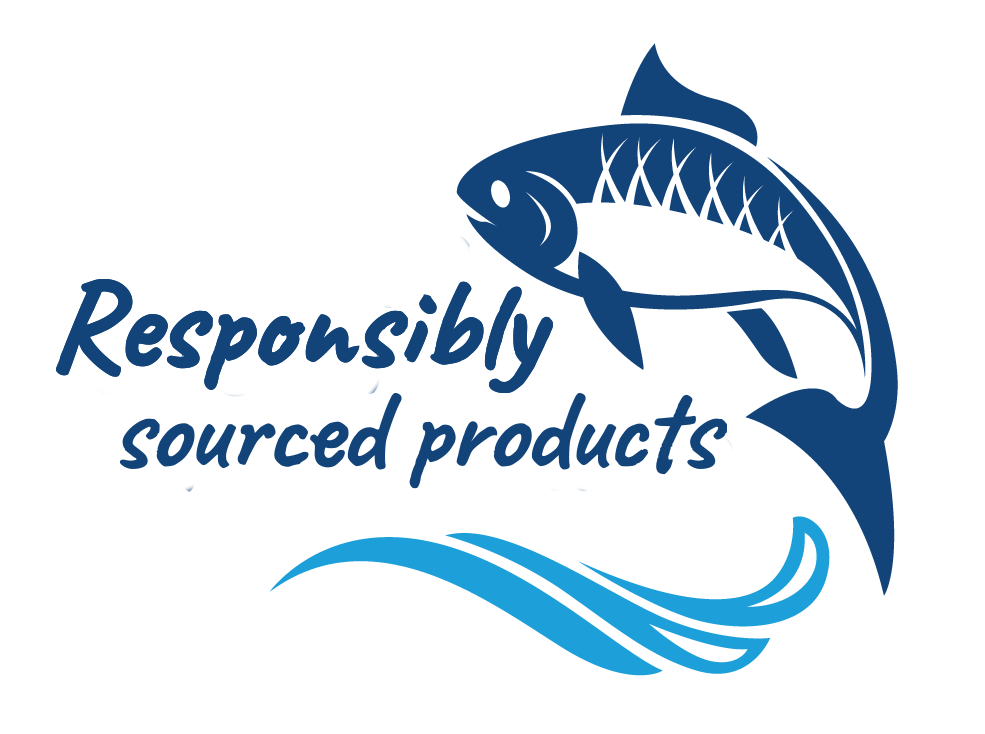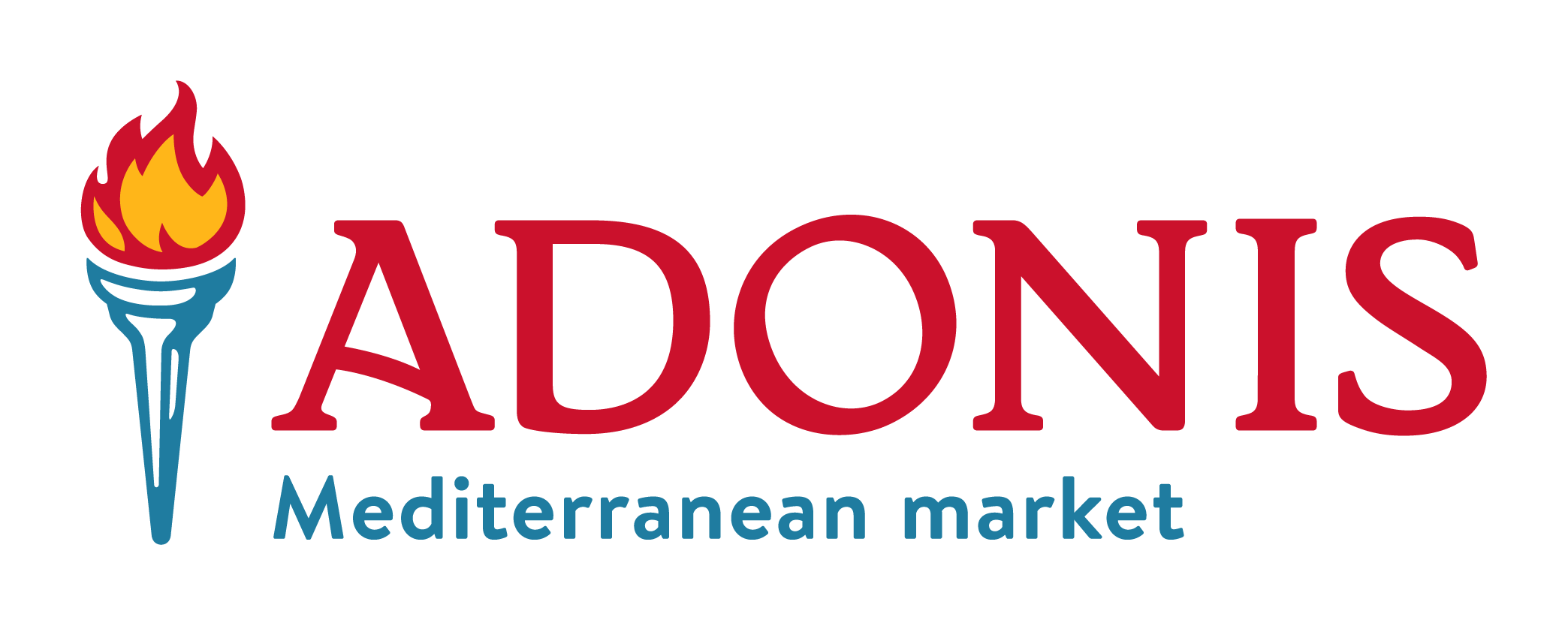Sustainable Fisheries and Aquaculture Policy
Sustainable Fisheries and Aquaculture Policy at Adonis
In 2022, Adonis deployed its Sustainable Fisheries and Aquaculture Policy which allows it to ensure a product offer that respects the oceans, ecosystems and workers. This policy covers fresh, frozen, and canned fish and seafood.
Sustainable fisheries and aquaculture products are the result of responsible practices that ensure the sustainability of species while preserving natural resources, limiting environmental impacts and by-catch volumes, and respecting workers' rights.
Our procurement practices are based on five elements

1- Healthy species
Species health is an essential element to ensure responsible sourcing.
- 1.1 Wild species:
We aim to commercialize wild species from healthy stocks Stock: A grouping of individuals of the same species living within the same geographical area, mixing sufficiently to allow reproduction between them and having little contact with other stocks of the same species. , which are not subject to overfishing or identified as endangered and for which the catch rate allows renewal Renewal: Also called recruitment - adding a class of mature young individuals, from breeding within the stock, available for exploitation. The age and size of the young at the time of recruitment vary greatly from one species to another.
- 1.2 Farmed species
For fish and seafood from aquaculture, we aim to market species raised in environments that meet the needs of the animal and whose water is of good quality. Husbandry practices should ensure adequate density and provide quality feed in sufficient quantities.
2- Operating methods
Our suppliers must demonstrate that they are using responsible operating methods.
- 2.1 Wild species
We encourage the use of methods that limit impacts on the environment, in particular on the seabed, as well as selective fishing methods that limit as much as possible the number of fish or seafood caught accidentally.
- 2.2 Farmed species
We encourage aquaculture practices that minimize impacts on air, water, and soil as well as fauna and flora.
3- Product traceability
We require our suppliers to provide us with complete traceability information for their products, including the scientific name of the species, its geographical provenance and how it was fished or raised. Each supplier must be able to document its supply chain up to the fishing vessel or the farm upon request.
4- Respect for workers
Our suppliers must adhere to our Supplier Code of Conduct for responsible procurement, one of the principles of which is respect for workers.
5-Socioeconomic development
Our Sustainable Fisheries and Aquaculture Policy aims to contribute to the development of local fisheries, aquaculture farms and processing facilities in Quebec and Ontario, as well as artisanal fisheries when products are not available locally.
